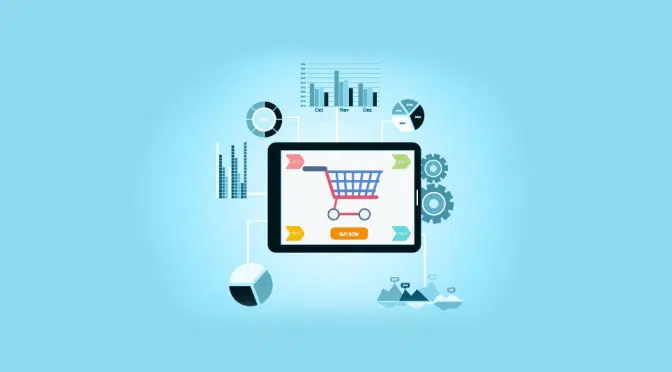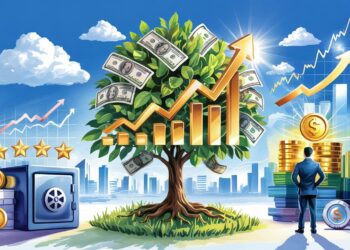Using data to improve business operations is a big part of running an enterprise today. While this is pretty much true across the board, each industry can maximize the potential of data in different ways. This is how you can conceptualize the importance of data analytics in retail.
Identify Emerging Trends and Hot Products
A major part of retail is knowing what will attract customers. Without an understanding of customer wants, you’re going to go through a lot of wasted effort throwing darts blindfolded. Retail analytics can drastically improve enterprises’ ability to spot trends as they’re developing, as opposed to when they’ve already happened.
Why is this important? On the most basic level, retailers need to appeal to customers if they want to sell enough goods to be profitable. Retail can be a notoriously low margin business. Retail analytics, however, provide business owners with an arsenal of tools for finding better products to sell more—improving economies of scale.
Move Before Supply or Demand Shifts
Another big part of being a retailer is being able to ride the ebbs and flows of supply and demand. This can be a tricky task when you’re at it alone. But with the help of retail analytics, it’s possible for businesses to do a much better job of supply and demand forecasting.
There are many variables that go into sourcing needs. Depending on the retail sector, supply can run out incredibly fast on short notice. Many have experienced this first-hand recently due to a more tenuous trade situation as a result of COVID-19 and other factors. While some events can be nearly impossible to predict exactly, real-time analytics can give you insights earlier than would otherwise be possible.
Additionally, retail analytics can be used to identify certain hidden trends that wouldn’t be apparent to the naked eye. Analytics powered by artificial intelligence can search massive amounts of data in a short amount of time, allowing for instant insights into developing supply-demand dynamics.
However, you also need a tool which will help you properly align data from multiple systems before you can start using that information to your advantage.
Optimize Store Layout
No matter if you’re running a regular storefront or a network of warehouses, you’ll want to use your real estate to its maximum potential. While this doesn’t necessarily mean cramming as much stuff as possible in there, it does mean looking at data to decide what makes most sense on a cost-effectiveness basis. Retailers that do the best job of maximizing ROI on their real estate will have more capital to deploy into other areas of the business.
Understand Customers Better for Building Your Brand
There are few things more essential to the retail world than understanding the customer. Without thorough knowledge of your customer base, and fleshing out ideal customer profiles, you’re never going to realize full sales potential. Reaching your target audience requires a combination of authenticity and research.
Data can give you clues into what types of customers are most likely to become your brand’s top customers. By identifying these organizations or kinds of people, you’ll be able to make far more target sales efforts. Seeing where things work with one type of client can also translate into success with similar ones. Automating these processes based on evidence from retail analytics can help boost conversions.
Find Ways to Boost Efficiency Anywhere
At the end of the day, retail analytics is all about making businesses more efficient. There’s really no limit to how this can be done, especially with the wide array of BI tools on the market today. Retail analytics tools today offer more ways for enterprises to boost their operating efficiencies than ever.
For instance, utilizing embedded analytics can let you bring data right into the workflow, as opposed to having to switch between different applications for various needs. Being able to bring analytics to where they’re used, instead of having to be constantly flipping between screens, in itself streamlines organizations.
Retailers should take advantage of any tools that allow them to improve how they do business. Retail analytics is essential for enterprises looking to realize their full potential.





